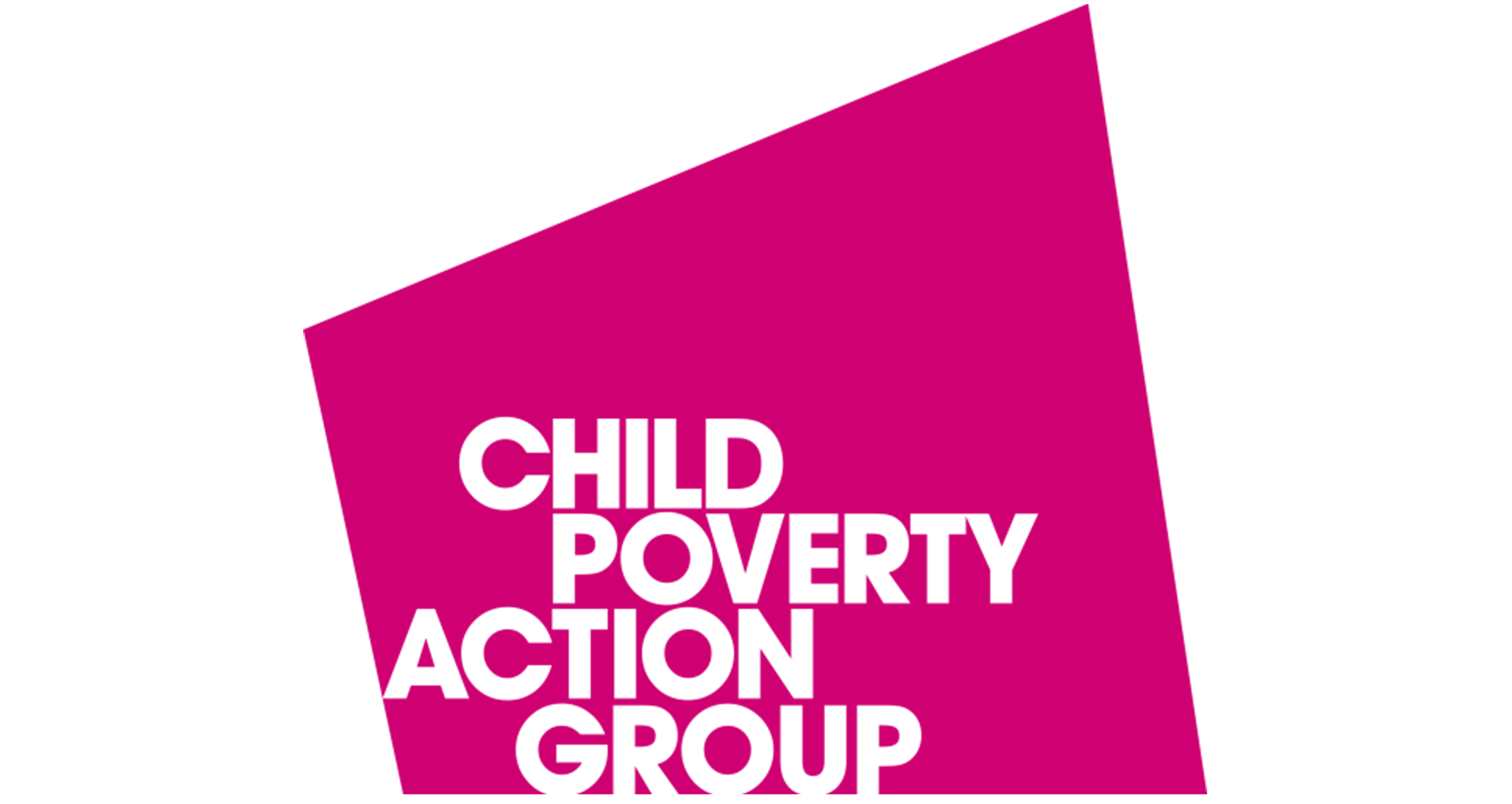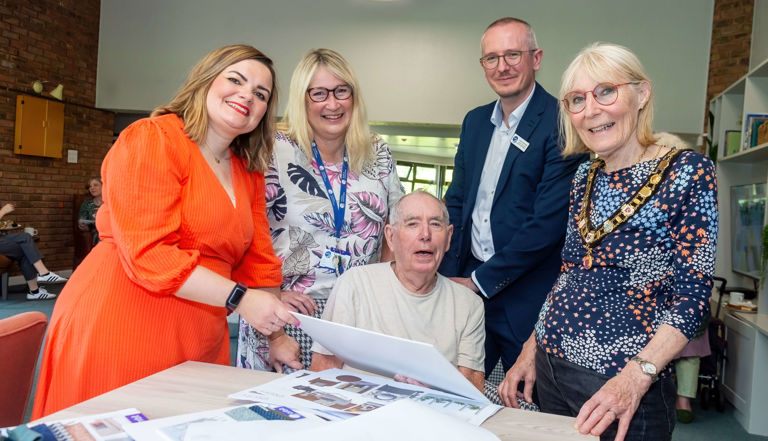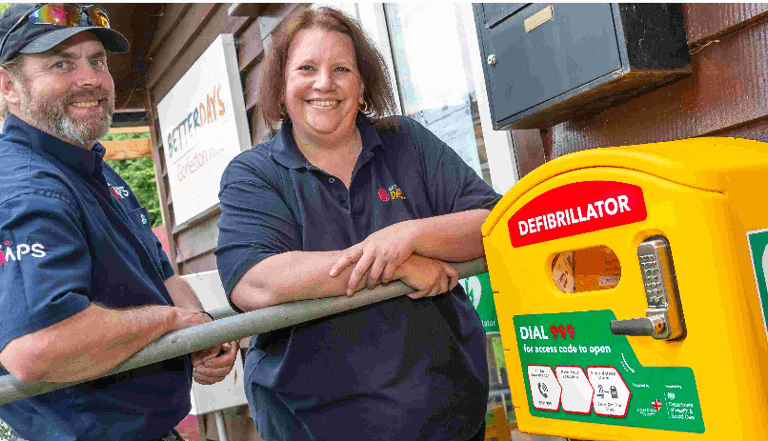
Orbit is supporting a new initiative by the Child Action Poverty Group (CPAG) and the Lottery to poverty-proof 128 schools across the UK.
The UK Cost of the School Day programme was launched today (28 January) by CPAG and Children North East (CNE) with £2m backing from the Lottery, to help schools remove the financial barriers to learning and participation that hold low-income children back, while easing the growing pressure that school-related costs place on struggling families.
Orbit’s ‘Happy, Healthy Starts’ campaign, which was launched with CPAG two years ago to look at practical actions social landlords can take to tackle child poverty, set out our commitment to implement the Cost of School Day recommendations in a number of schools across our operating areas.
Paul Richards, Group Customer Services Director, said: “We are excited to be working with CPAG in Coventry to ease the cost-pressures parents are facing on a daily basis. As our research for ‘Happy, Healthy Starts’ has shown, the overall cost of the school day is a real concern and evident cause of worry and stress for parents. We have already made inroads addressing this issue by supporting the Stratford Uniform Bank, a volunteer run organisation providing new and preloved uniforms for families living in and around Stratford-upon-Avon.”
Kate Anstey, CPAG Project Lead (UK Cost of the School Day), said: “We are pleased that Orbit is supporting this important work. Their experience of working with the local community, combined with their commitment to alleviating pressures on low-income residents will help to promote poverty-aware thinking within other services.”
UK Cost of the School Day will go live in maintained and academy, primary and secondary schools over a three-year period. Taking a grassroots approach, project staff will work with pupils, parents, teachers, school staff and local authorities to identify the cost barriers in each school and to co-design a home-grown action plan to remove them. Coventry is one of four flagship areas in which the project will roll out, with 32 schools in each region expected to take action.



